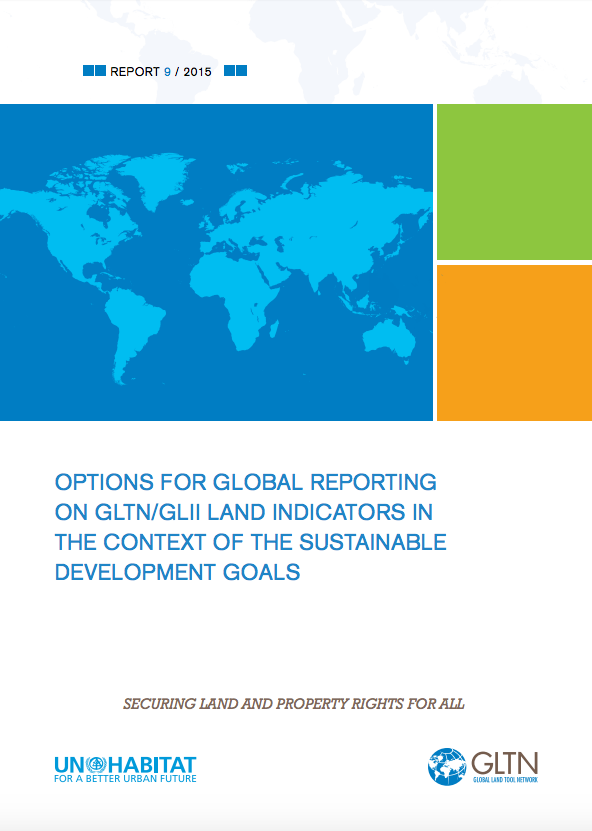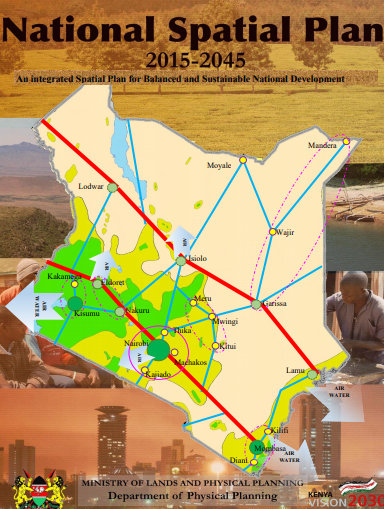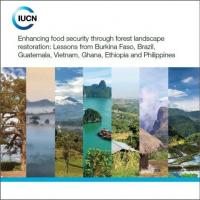Climate Change, Soil Salinity, and the Economics of High-Yield Rice Production in Coastal Bangladesh
It is a virtual certainty that sea-level
rise will continue throughout the century and beyond 2100
even if greenhouse gas emissions are stabilized in the near
future. Understanding the economic impacts of salinity
intrusion thus is essential for planning adaptation in






